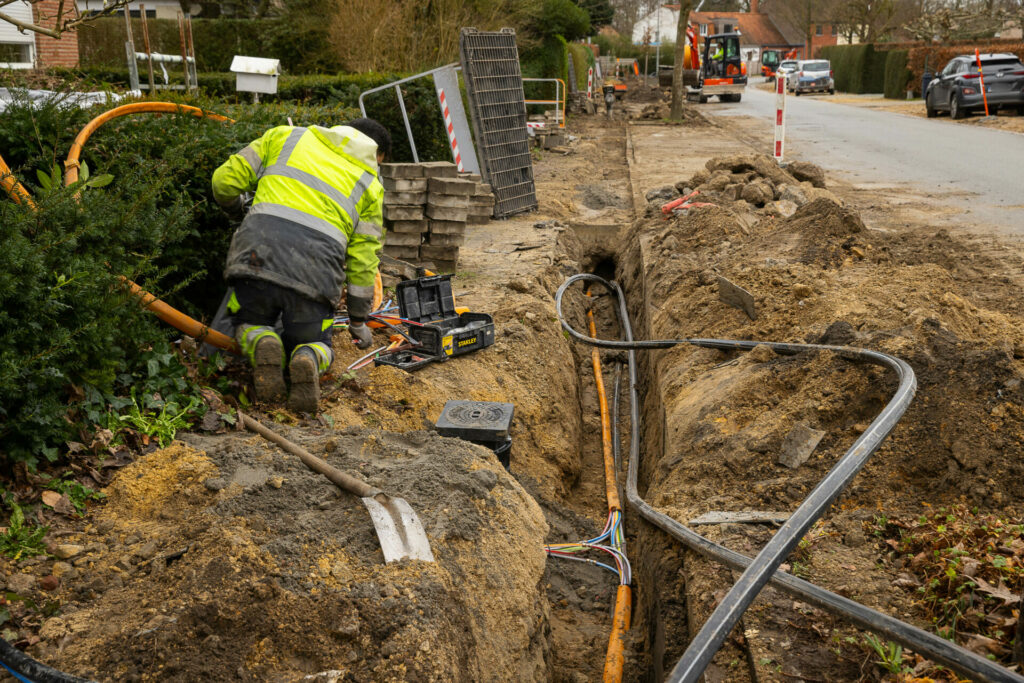Minister of Telecommunications Petra De Sutter is calling on telecom operators to work on fixed high-speed internet for 35,000 households to reduce the number of 'white zones' (areas which lack quality broadband access).
Minister De Sutter already launched a national 'broadband plan' last year to eliminate the number of white zones in Belgium. To achieve this, €41 million was made available. Now that the white zones have been identified, the minister is launching project calls with specifications this week.
"There are still too many of these [white zones] in Belgium, especially in Wallonia. That has to change," said De Sutter.
Telecom companies must submit their projects by 29 January and can then receive subsidies. The aim is to finally roll out the network between the second quarter of 2023 and 2024.
Achieving Europe's connectivity targets
"We need to help those who need it most. That is why I have asked that households that currently have a very slow internet connection – less than 30 Mbps – be given priority. With this project call, telecom operators should offer a fixed broadband internet connection via fibre to about 35,567 households who need help," De Sutter said.
This is the first step in achieving Europe's connectivity targets, according to which all households will have access to an internet connection of 100 Mbps by 2025, and 1 Gbps by 2030.
Related News
- Belgium’s internet quality is worst in Western Europe
- Belgium lags far behind in fibre internet access
Currently, 138,000 households still live in a white zone. Fibre optic will therefore be given preference when networks are built.
"Optical fibre provides stable and ultra-fast internet. The speed goes beyond 100 Mbps and can reach 1,000 Mbps. Optical fibre also has an ecological advantage: only a small fraction of energy is consumed, compared to the old copper cables, resulting in a smaller ecological footprint."

